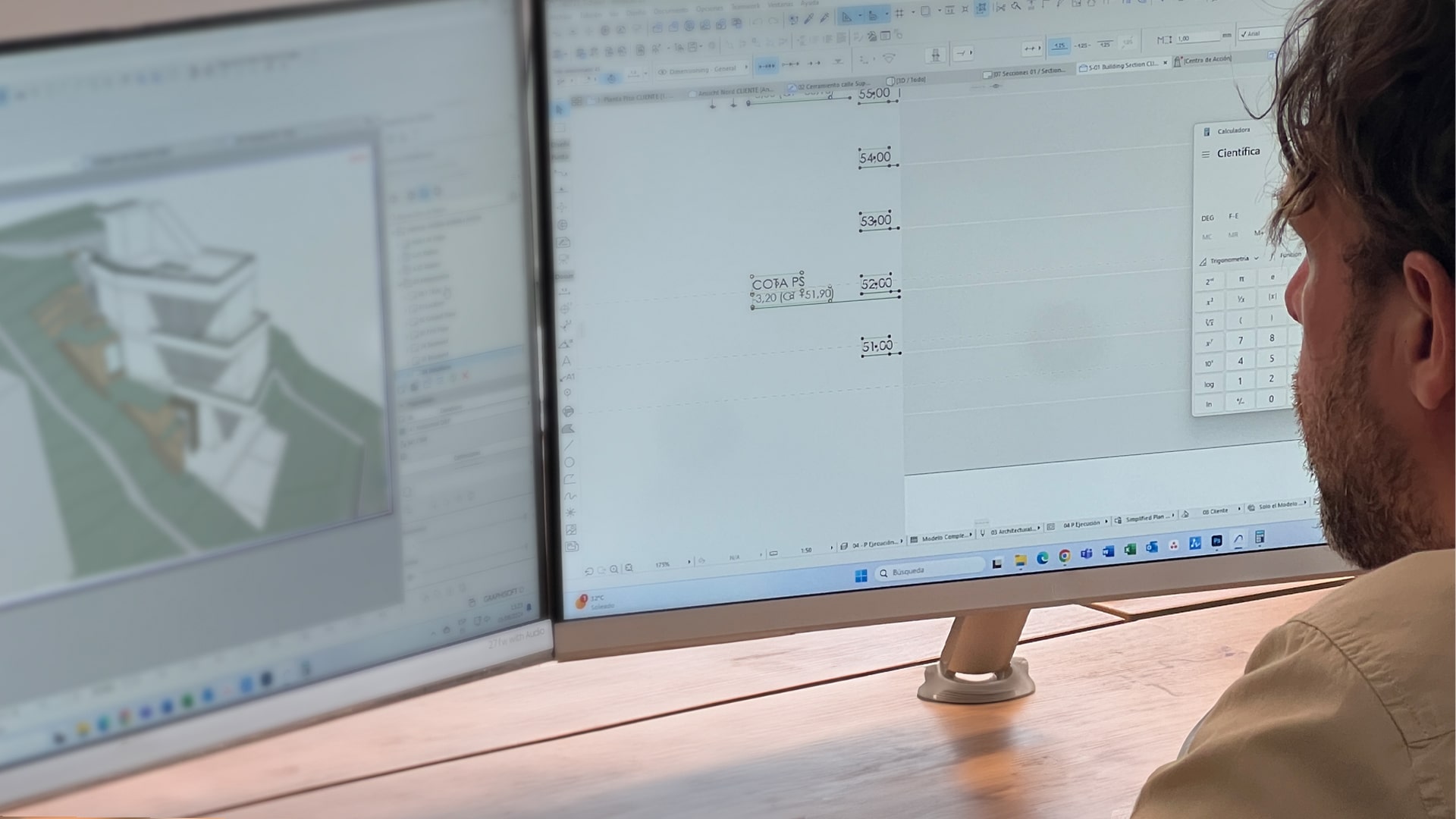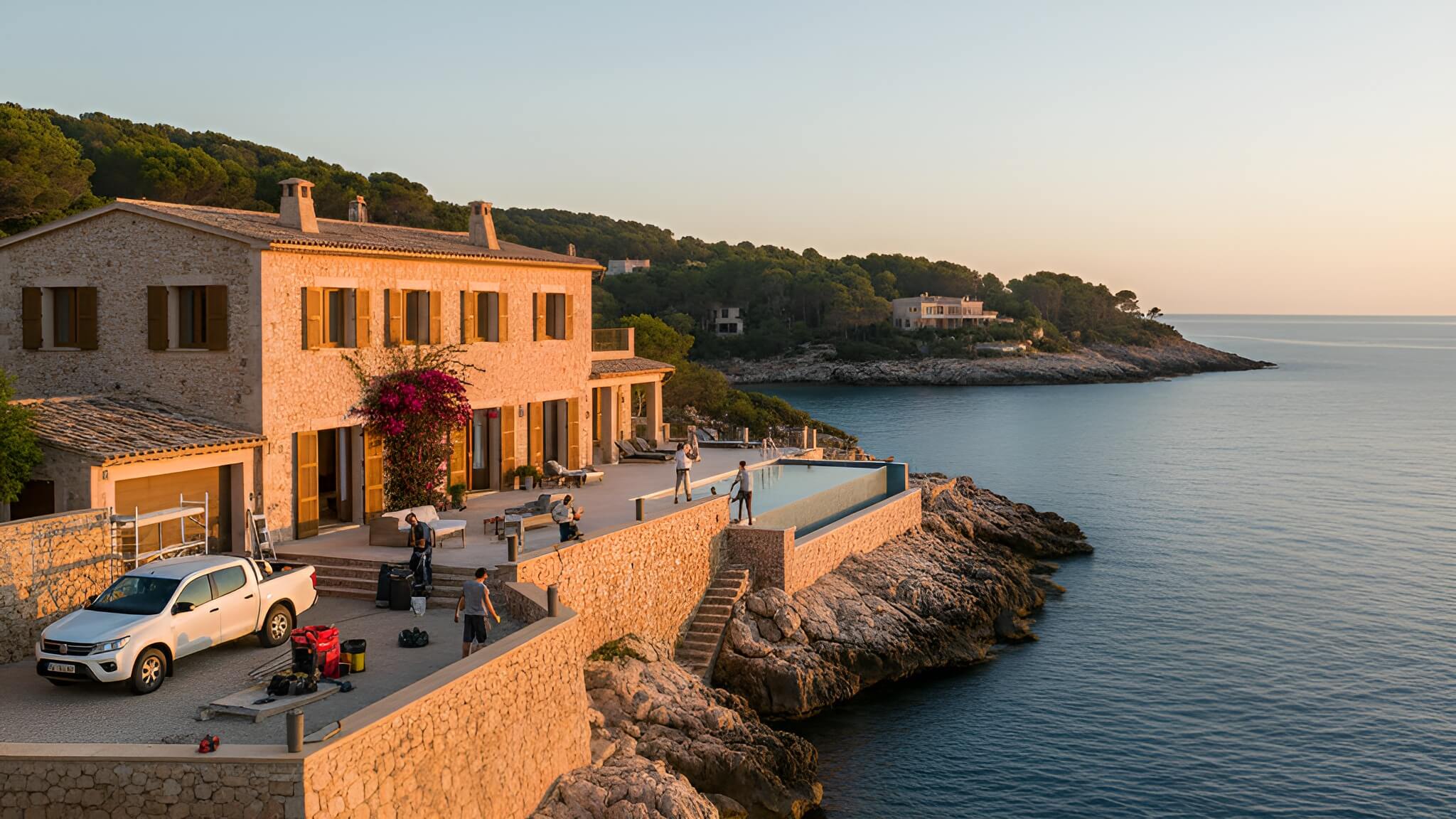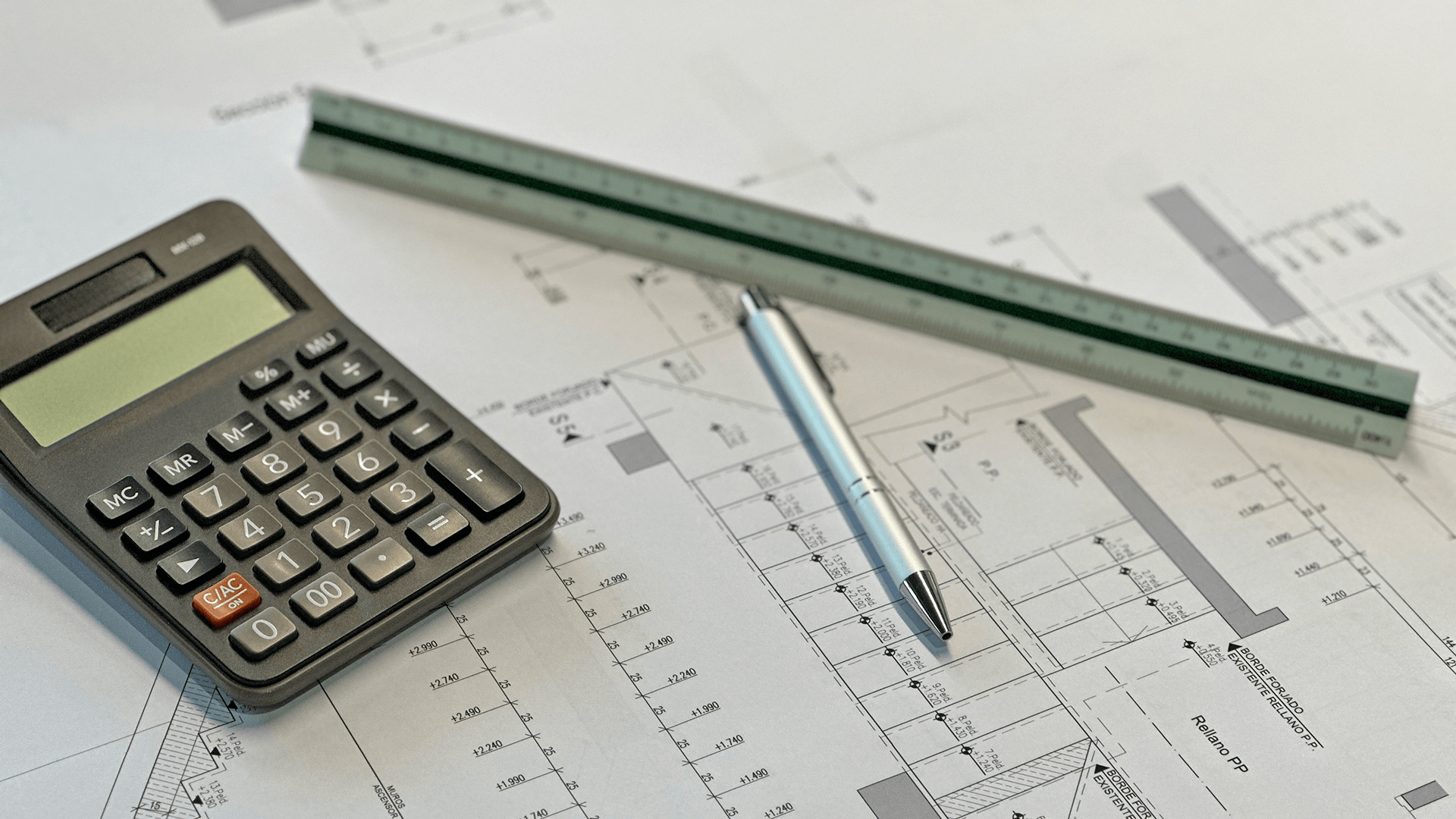

How digitalisation is revolutionising the construction industry in Mallorca
The digital revolution in the construction industry
The construction industry in Majorca is currently undergoing a profound change. Digitalisation is opening up new opportunities for construction companies, architects and engineers to plan, implement and manage projects more efficiently. Digital technologies are becoming an indispensable tool, especially in view of the increasing demand for new buildings and the challenges posed by the scarcity of resources, rising construction costs and demanding building regulations. From Building Information Modelling (BIM), 3D printing and drone technology to smart building automation – innovative technologies are ensuring that construction projects on the island can be realised faster, more cost-effectively and more sustainably. In this article, we provide a comprehensive overview of the most important digital technologies that are revolutionising the construction industry on Majorca and take a look at the future of construction on the island.
Building Information Modelling (BIM): digital planning and improved collaboration
Building Information Modelling (BIM) is one of the central technologies of digitalisation in the construction industry. BIM enables the creation of digital models that combine all information about a construction project – from materials and costs to schedules and logistical details. For Majorca, the introduction of BIM has significant benefits, especially in the early planning and design phase:
- Improved collaboration and transparency: thanks to the centralised, cloud-based database that all parties have access to, BIM promotes transparent and smooth communication between architects, construction companies and clients. This minimises planning errors and misunderstandings.
- More efficient construction processes: BIM allows the construction process to be precisely simulated in advance so that material costs and schedules can be realistically calculated. This reduces construction delays and cost overruns.
- Sustainability and energy efficiency: BIM models help to analyse energy efficiency and the choice of environmentally friendly materials, which meets the increasing requirements for sustainable construction in Majorca. BIM not only makes the planning and execution of complex construction projects in Majorca more efficient, but also much more flexible and environmentally friendly.
3D printing: flexibility and cost efficiency through additive manufacturing
3D printing is an up-and-coming technology that is also becoming increasingly important in the construction industry. The technology makes it possible to produce building components and even entire building parts directly on site or in factories using special printers.
- Fast and cost-effective production: 3D printing allows building components to be produced in the shortest possible time and without having to go through expensive suppliers. This reduces the costs for material transport and storage – a major advantage on the island, where construction logistics are a challenge.
- Environmental friendliness and resource conservation: 3D printers often use less material than traditional construction methods, which reduces waste and resource consumption. In Majorca, where sustainable construction is becoming increasingly important, this could play a significant role.
- Architectural freedom and individuality: 3D printing allows the production of customised and complex shapes that would be difficult to realise using conventional methods. This is particularly valuable for the design of fincas or villas with unique architecture that reflect the charm of the island.
Drone technology: efficient construction monitoring and site surveying
Drones are another important digital tool that is changing the construction industry worldwide and is also becoming increasingly important in Majorca. Drones are used to monitor construction sites, survey terrain and take detailed aerial photographs:
- Accurate terrain surveying and mapping: drones provide precise topographical data that can be transmitted to the planning team in real time. In Majorca, where many construction projects are realised in mountainous or difficult to access areas, drones are a fast and cost-effective alternative to conventional surveying.
- Continuous construction monitoring: Regular drone flights allow construction companies to document the progress of a project and recognise potential problems at an early stage. This improves project control and helps to save time and costs.
- Marketing and customer presentations: High-quality drone footage is an impressive way to present projects to potential buyers and investors. Especially in the property sector in Majorca, which relies heavily on foreign buyers, drone images can offer a decisive competitive advantage.
Smart building automation: comfort and efficiency in modern properties
The demand for intelligent, networked buildings is on the rise – and smart building automation has become a key trend that is becoming increasingly important for both new builds and renovation projects in Majorca:
- Energy savings and environmental friendliness: networked systems can be used to automate and optimise a building’s lighting, air conditioning and security. This significantly lowers energy consumption and reduces operating costs.
- Comfort and security: Smart technologies offer a higher quality of living and allow residents to control their home technology via smartphone or tablet. In Majorca, where many properties are used as second homes, this is particularly practical: property owners can monitor and control their homes remotely.
- Future-oriented properties: The market value of smart properties tends to be higher as they fulfil modern standards of comfort and energy efficiency. Smart automation can therefore not only increase the attractiveness of the property, but also secure its long-term value.
Digitalisation: challenges and opportunities for the construction industry in Majorca
Although digitalisation offers enormous opportunities, there are also challenges. Many local construction companies are still at the beginning of the digital transformation and need to invest in technology and skilled labour. The training of specialised personnel who are skilled in the use of these technologies remains a critical factor. Nevertheless, the digitalisation of the construction industry in Majorca is expected to continue and enable greater efficiency and sustainability in the long term.
Conclusion: Digitalisation as a future driver for the construction industry in Majorca
Digitalisation is revolutionising the construction industry in Majorca and opening up opportunities that are fundamentally changing the sector. Technologies such as BIM, 3D printing, drones and smart building automation are not only making construction projects more efficient, but also more sustainable and cost-effective. This is particularly important in a market that is under pressure to fulfil ever-increasing demands in terms of quality, design, environmental friendliness and cost-effectiveness. The future of the construction industry in Majorca will undoubtedly be digital – and the construction companies that capitalise on these opportunities early on will be able to establish themselves as pioneers. This digital transformation offers the construction industry in Majorca great potential to remain innovative and competitive while growing sustainably.

